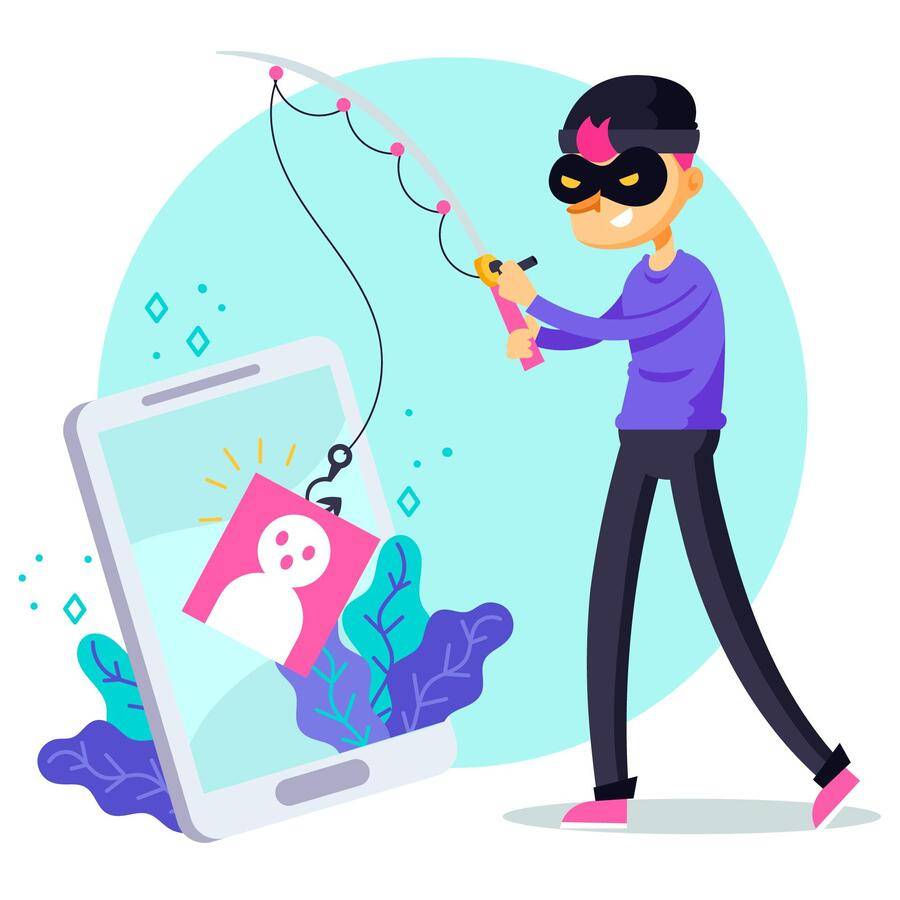Minutes
Free Consultation
Call Us Now!
404-876-7273Minutes
Call Us Now!
404-876-7273
The internet can be both a tool of convenience and a playground for cybercriminals. Among the many forms of digital deception, catfishing, and impersonation schemes have become alarmingly common. These tactics are used to deceive individuals emotionally and to commit cybercrimes like identity theft and financial fraud. At Global Bureau of Security & Investigations, we know just how devastating these schemes can be. That’s why we’re here to help you recognize, prevent, and stop the catfishing before it turns into a nightmare.
Catfishing occurs when someone creates a false identity online, often using fake photos, names, and personal details to manipulate another person. Due to the rise of social media and popular dating apps, the number of people falling prey to catfishing has skyrocketed. Scammers can find easy targets in environments where personal information is easily accessible and where anonymity is easily maintained. Private investigators often deal with such cases and assist victims in uncovering the true identities of online scammers. However, recognizing these schemes early on is important for protecting yourself.
You may wonder, "Is catfishing illegal?" The answer isn’t straightforward. Catfishing itself is not always illegal, but it often leads to acts that are criminal. Creating a fake persona to deceive someone online may seem harmless to the perpetrator, but if this deception leads to financial fraud, extortion, or other malicious activities, it crosses into criminal territory. For example, if someone uses a fake identity to manipulate another person into sending money or sensitive information, that’s fraud. Similarly, impersonating someone to access confidential data can lead to criminal charges. In cases where a catfish’s actions result in emotional harm or defamation, civil lawsuits may also come into play. Private investigation services can help gather the evidence needed to bring these perpetrators to justice.
To stop the catfishing, it's important to understand why people do it to start with. Some of the most common motivations include:
Preventing catfishing starts with being more aware of who you engage with online. Fortunately, there are telltale signs that someone might not be who they claim to be. Here are a few red flags to watch for:
If you notice any of these signs, it’s time to dig deeper. A private investigation may be the most effective way to uncover the truth behind someone’s online persona. Private investigators are trained to identify inconsistencies, track down real identities, and provide evidence that can help you stop the catfishing.
Dealing with a suspected catfish requires caution and strategy. Here are a few key steps to outsmart potential scammers and protect yourself from their deceptive tactics:
Catfishing and impersonations used for cybercrimes are preventable, but only if you take proactive steps to protect yourself and recognize the warning signs. Whether it’s a dating app or a social media platform, always be skeptical of online relationships that seem too good to be true. If you’re dealing with a suspicious situation and want to stop the catfishing, consulting a private investigator is a smart move. At Global Bureau of Security & Investigations, we specialize in private investigation services designed to help you uncover the truth. Contact us today for a consultation.
Read what our happy clients say about our professional and trusted security services.